To recap 2021, NewsForKids.net is taking a look back at some of the most interesting stories we’ve covered this year.
Today we’re looking at some incredible stories from the world of science.
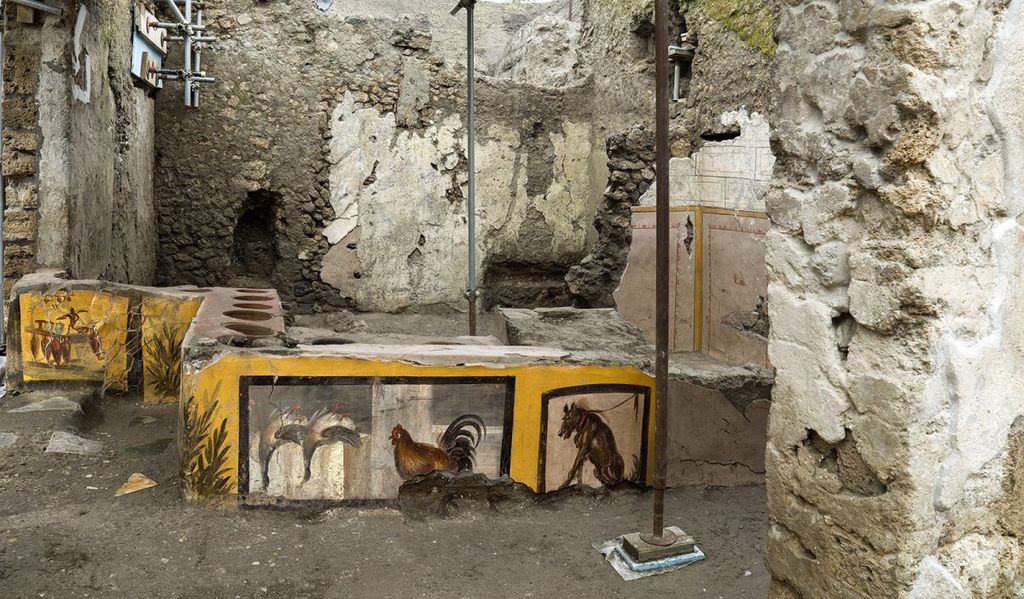
Archaeologists in Italy are learning more and more about the everyday life of the people who lived in Pompeii nearly 2,000 years ago. Most recently, they’ve carefully uncovered a well-preserved street snack bar.

A recent scientific study has shown that the Arctic Ocean is polluted with tiny microplastic fibers. The fibers were found all through the Arctic. The most likely source of the pollution is laundry from Europe and North America.
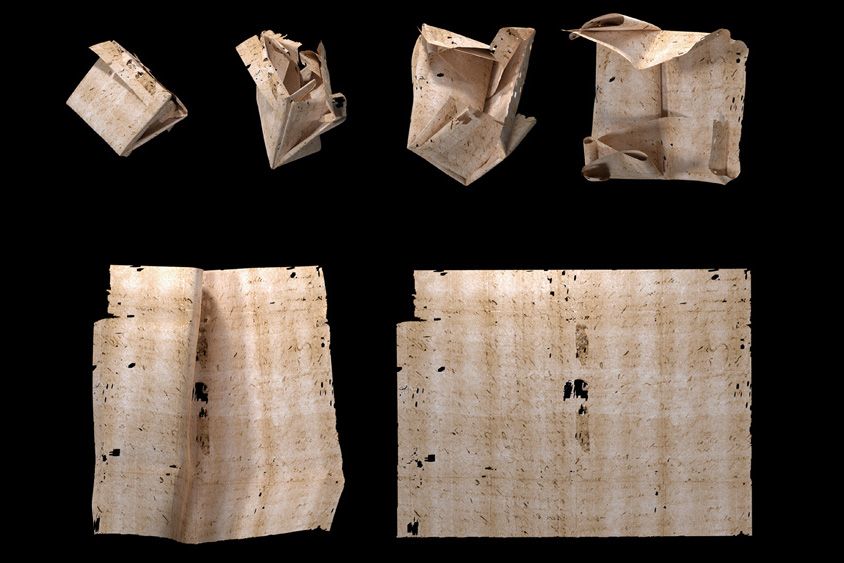
Long ago, letters were folded in complicated ways to prevent others from reading them. Now, a group of scientists at MIT have managed to read one of these letters without even opening it.
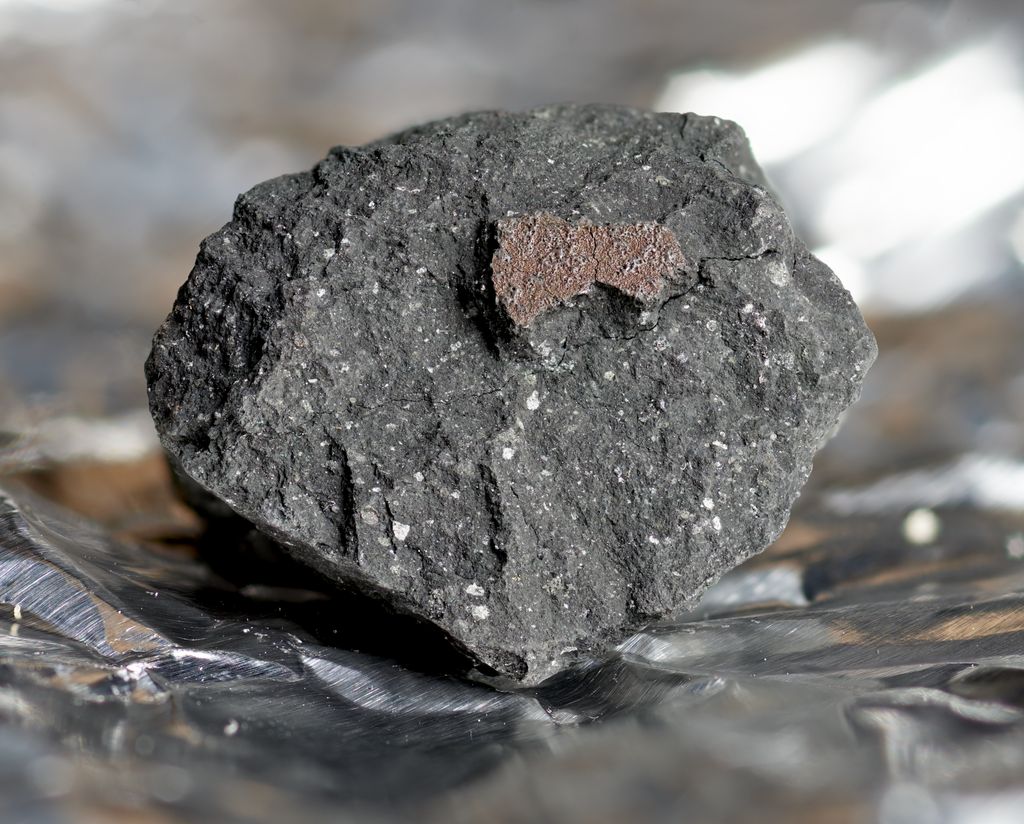
On February 28, people across Northern Europe saw a bright light streaking across the sky. It was a fireball – a bright meteor – falling to Earth. Scientists have now found a rock from that fireball in a driveway in England.
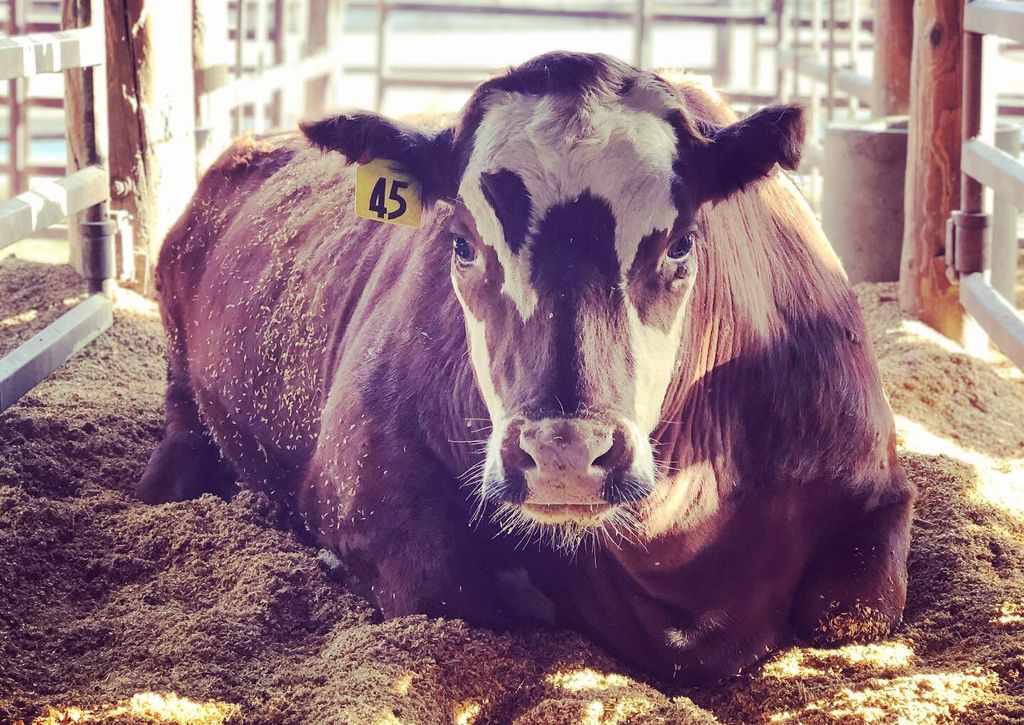
You might not expect it, but cows are a large source of the greenhouse gases that are driving climate change. Now scientists have shown that the pollution from cows can be reduced by adding a little seaweed to their food.
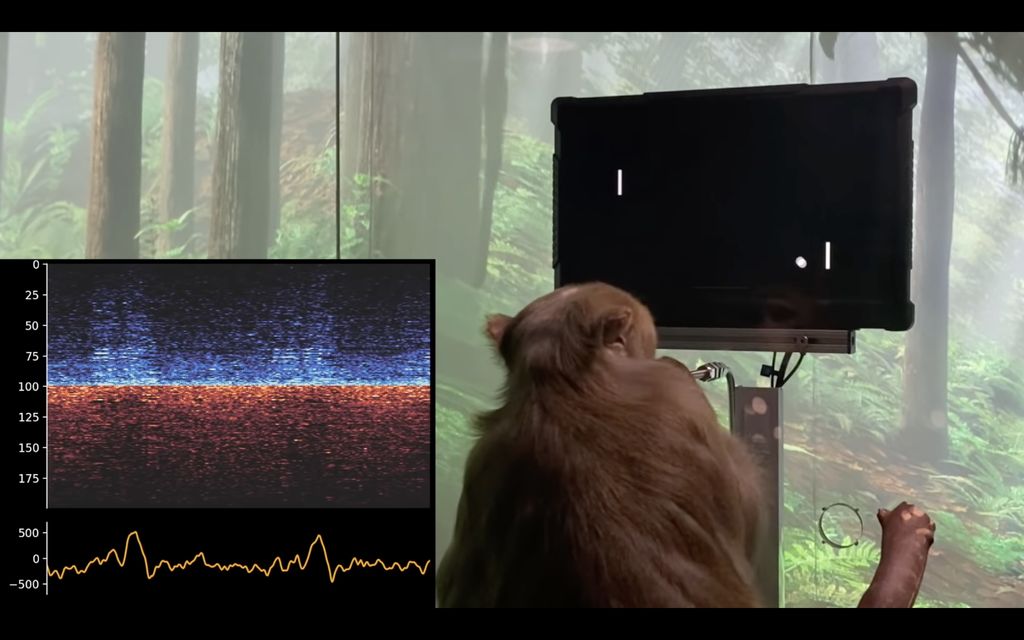
A company called Neuralink has shared a video which appears to show a monkey playing a video game. That’s fairly unusual, but what makes the video even stranger is that the monkey is playing the video game with just its mind.
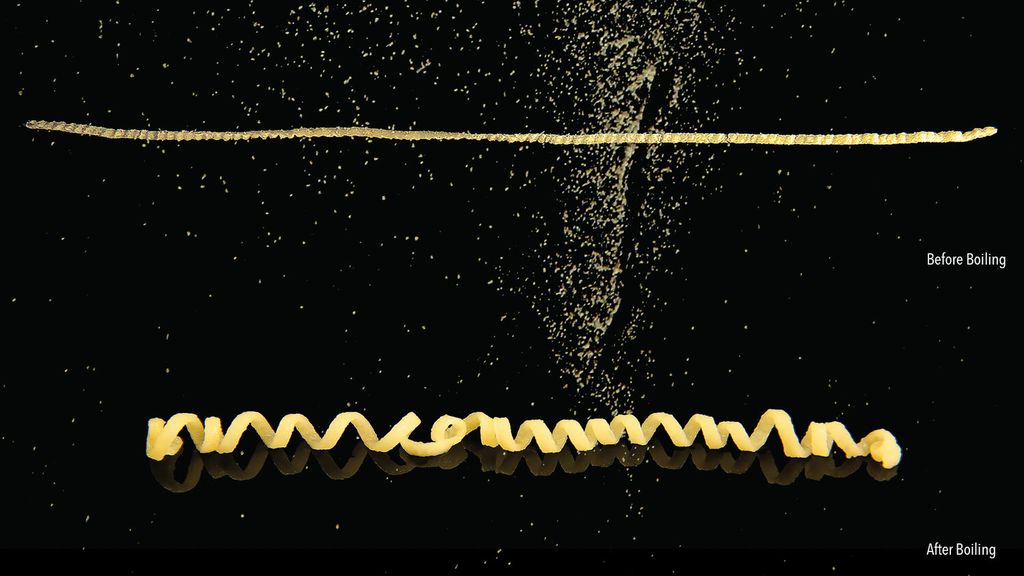
A team of scientists have developed an unusual way of making flat pasta that allows it to turn into fancy 3D shapes as it cooks. The team hopes that the new pasta will be easier on the environment.
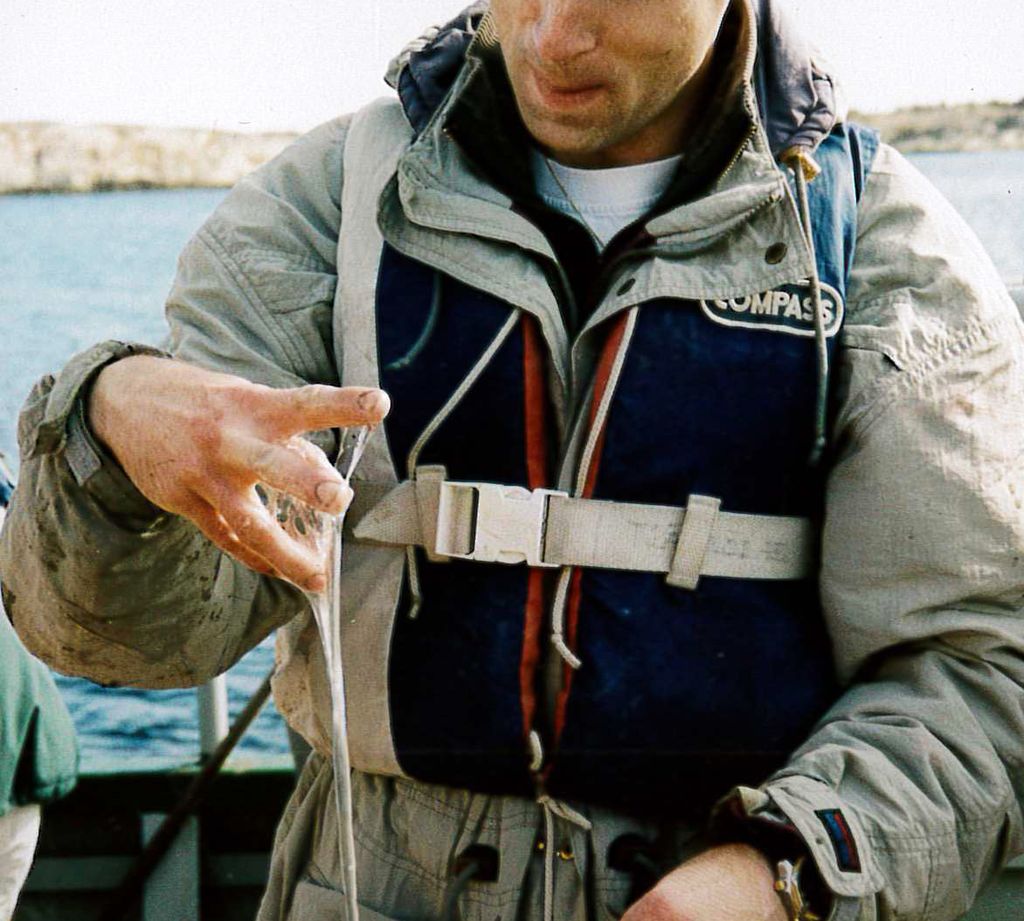
Sea life near Turkey is being threatened by a layer of slimy brown foam on the ocean’s surface. The foam, which many people are calling “sea snot”, is natural, but it’s triggered by pollution and global warming.
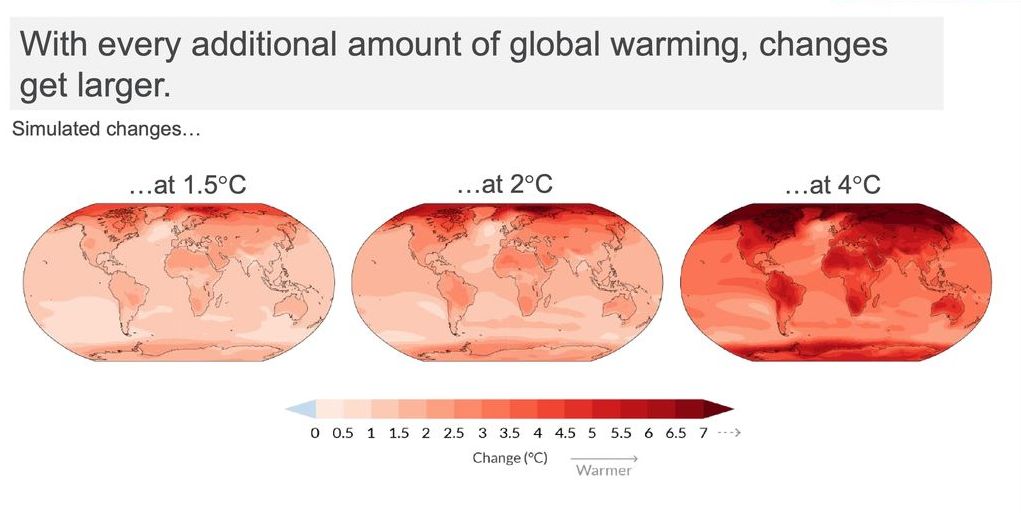
Two weeks ago, a shocking report came out, giving details of the likely future effects of climate change. Though serious effects are already visible around the world, the report offered hope that fast action might still bring the crisis under control.
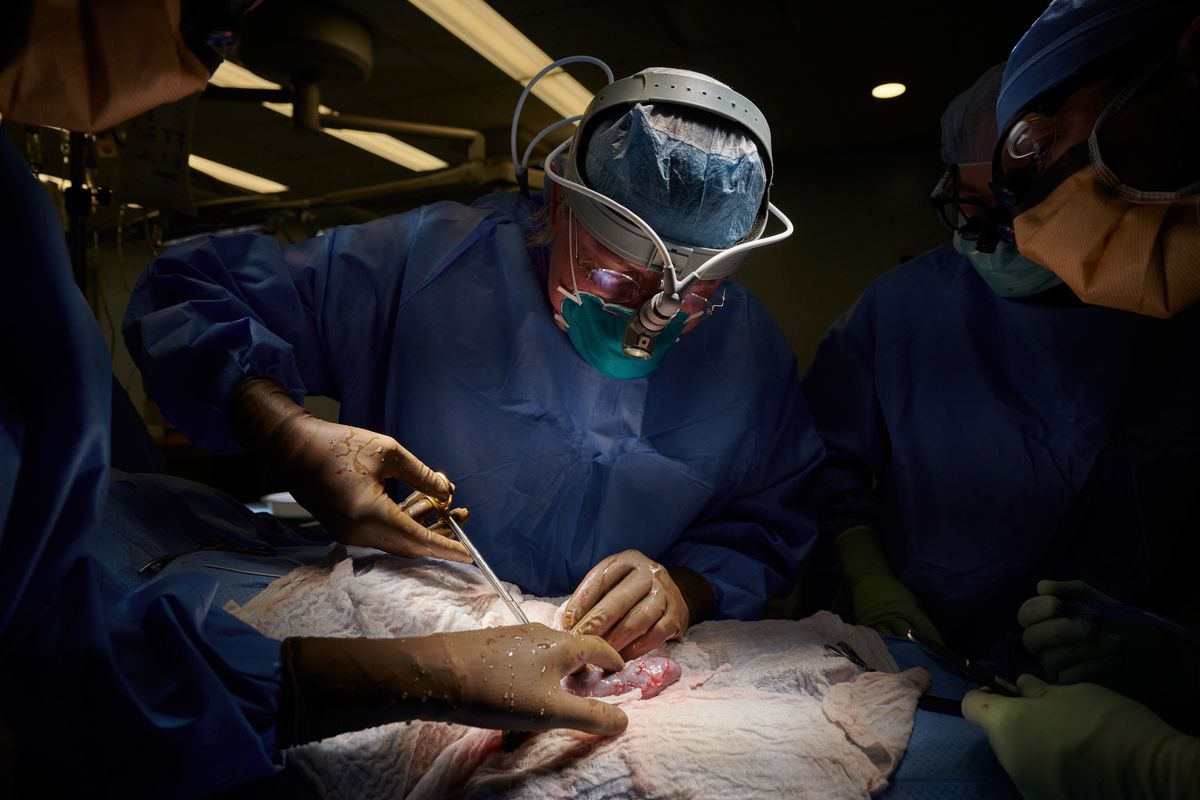
Scientists have attached the kidney of a specially grown pig to a human body and found that it worked without problems. Though much is still unknown, the news is a huge step forward for tens of thousands of patients with kidney trouble.
